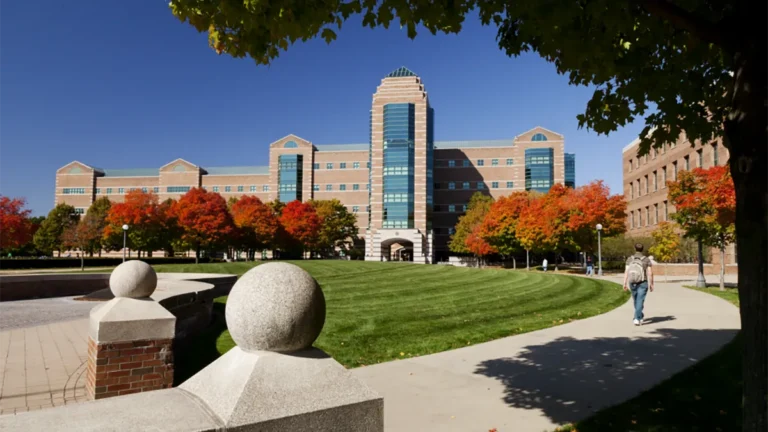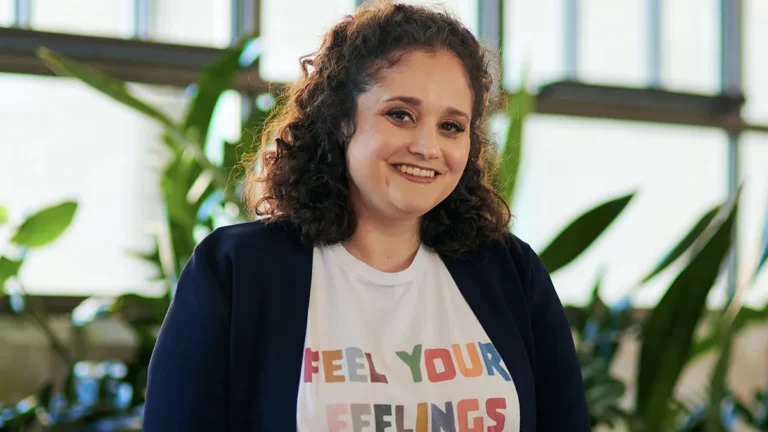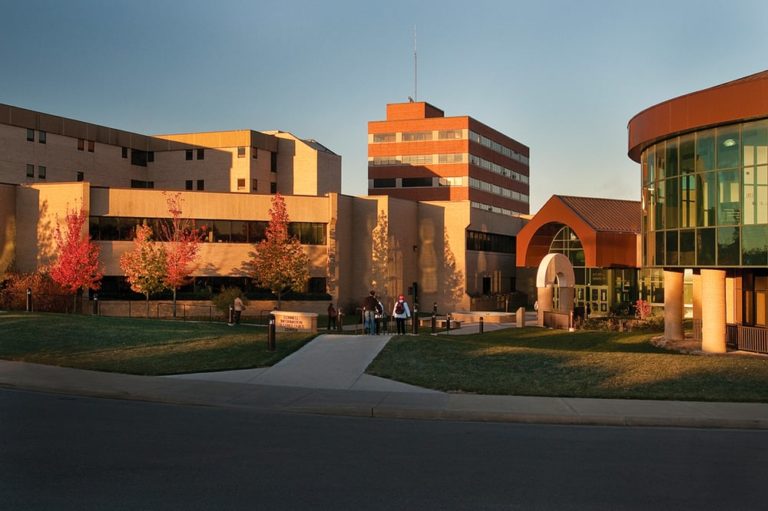The Meaning of Life: Finding Insights in the Humanities
Generally, most health professionals thrive on being problem-solvers. When meeting patients, many professionals take on ... Read more
Written by: Emil Chuck, PhD
Published on: November 21, 2024
Generally, most health professionals thrive on being problem-solvers. When meeting patients, many professionals take on ... Read more
Written by: Emil Chuck, PhD
Published on: November 21, 2024

In a previous article, I discussed the advantages engineering-trained applicants bring to the health professions. ... Read more
Written by: Emil Chuck, PhD
Published on: October 24, 2024

Psychiatrist Jessi Gold, MD, MS, is the Chief Wellness Officer of the University of Tennessee ... Read more
Written by: Kyle Magatelli
Published on: October 3, 2024

Dr. Lewis Potter is a physician in Newcastle (UK) and the founder of Geeky Medics, ... Read more
Written by: Gloria Onwuneme
Published on: January 8, 2018

During the first years of medical school, we are taught a huge volume of material, ... Read more
Written by: Jacob Adney
Published on: October 16, 2017

Should foreign medical school be such a foreign idea?
Written by: Sherry Gray
Published on: September 1, 2013

Do students like this new model of medical education being delivered at A.T. Still University ... Read more
Written by: Juliet Farmer
Published on: May 17, 2010